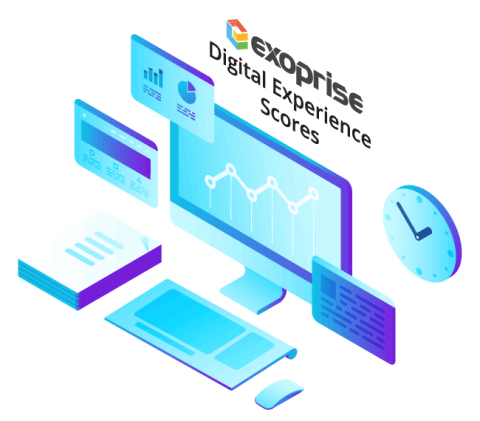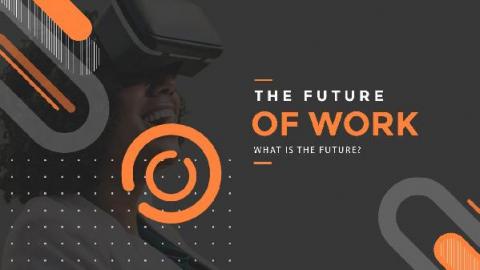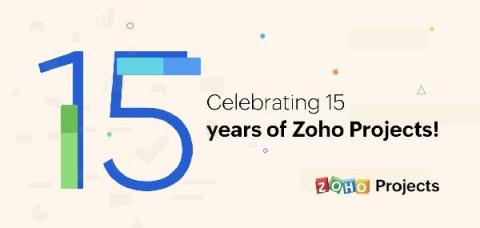The Drum Asks Scoro's CEO: Why Do Firms Need a Chief Time Officer?
The Drum recently caught up with Fred Krieger, founder and chief executive of Scoro to discuss the business benefits for firms to hire a chief time officer, and how to fight the weapons of mass distraction that proliferate in many firms. Fred also shared the findings from a recent survey Scoro carried out with its marketing and creative agency customers. He explains: “We asked them to tell us what their operations were like before Scoro, and then what they are like now.










